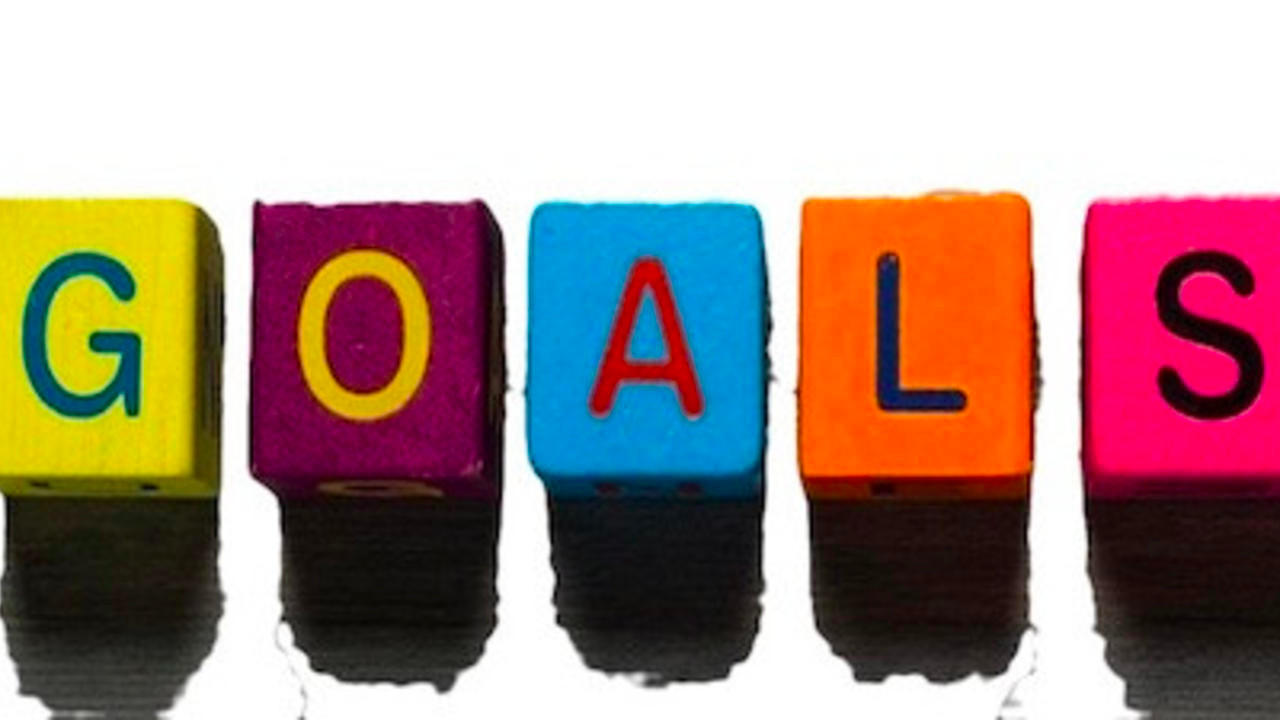
SMARTER GOALS - EVALUATE & ADJUST
Dec 07, 2020SMARTER GOALS - E
EVALUATION OF THE DATA MUST BE DEFINED AND REVIEWED BY THE TEAM WITH READJUSTMENTS TO THE IEP BASED ON THAT DATA. IF THE DATA IS NOT RELEVANT OR SPECIFIC ENOUGH THE IEP OUTCOMES WILL SUFFER AND CHANGES ARE “BEST GUESSES” VS DATA-DRIVEN.
When determining what data will be collected and what evaluations will be done, it is the specificity of that information that allows the iep to go from an incompetent legally sufficient document to one that can have real impact on the progress a child makes toward their functional goals. As parent or advocate the job is to make sure that the iep documents the what, when, where and how that data will be collected and then communicated to the parent.
That communication does not have to be only at report card time. In fact, when changing behavioral approach /response, or when introducing changes it is important to keep things positive and to discontinue when something is not working.
Attention must also be paid to the frequency of data analysis (of collected data)
- Frequency of communication of analysis and raw data
- Regular evaluation analysis of the collected data to parents
- Regrouping of team members if unable to progress in 2 months or if regression occurs vs. waiting quarterly
- Minimum requirement - per report card period
- Revisit to evaluate the success or failure in achieving the objectives.
- Ask questions that will draw the appropriate conclusions and information which then defines new goals or supports what will help the student achieve success.
- Ask for ideas on what could have been done differently
- Ask non-leading questions that do not direct one to a specific answer
- Ask one question at a time in order to not appear confrontational
- Ask open-ended questions that lead to elaboration (how/what/why/in what way/to what extent/tell me more about/what did it look like)
- Ask questions that are child and IEP focused
- Ask questions that require detailed answers
- Ask unbiased questions that are not based on your assumptions
- Ask what are the barriers to achieving the objective and how have they been able to overcome them? (SDIs for others)
- When periodic reports on the progress the child is making toward meeting the annual goals will be provided such as through the use of quarterly or other periodic reports, concurrent with the issuance of report cards. [34 CFR §300.320(a)(3)(ii)]
This is the 7th of 8 blogs addressing the use of Smarter Goals in order to attain better functional outcomes for our children. Make sure you SUBSCRIBE to the blog so you do not miss any of them.
NEXT UP ON THE AGENDA
8. SMARTER GOALS: RESEARCH BASED
1. UNDERSTANDING SMARTER GOALS

NSEAI's online courses efficiently lead parents and professionals to an expert level of education advocacy in just 12 days of on-demand courses that you can do at your convenience.
OUR CHILDREN DO NOT HAVE TIME TO WASTE.
LEARN TO DEVELOP A CHILD FOCUSED IEP CORRECTLY FROM THE START
vs JUST ACCEPTING A LEGALLY SUFFICIENT ONE!
CHANGE THEIR LIVES NOW
AUTHORS
Marie Lewis is an author, consultant, and national speaker on best practices in education advocacy. She is a parent of 3 children and a Disability Case Manager, Board Certified Education Advocate, and Behavior Specialist Consultant. She has assisted in the development of thousands of IEPs nationally and consults on developing appropriately individualized IEPs that are outcome based vs legally sufficient. She brings a great depth of expertise, practical experience, and compassion to her work as well as expert insight, vision, and systemic thinking. She is passionate and funny and she always inspires and informs.
MJ Gore has an MEd in counseling and a degree in elementary education and natural sciences. She worked as a life-skills and learning support teacher She has been honored with the receipt of the Presidential Volunteer Service Award. She is the Director and on the faculty at the National Special Education Advocacy Institute. Her passion is social justice, especially in the area of education. She is a Board Certified Education Advocate who teaches professional advocates, educators, and clinicians the best practices in education advocacy.
